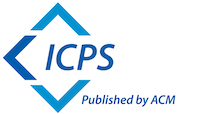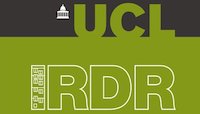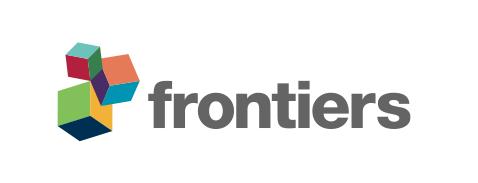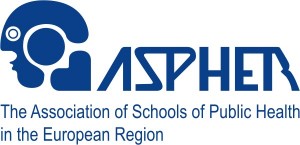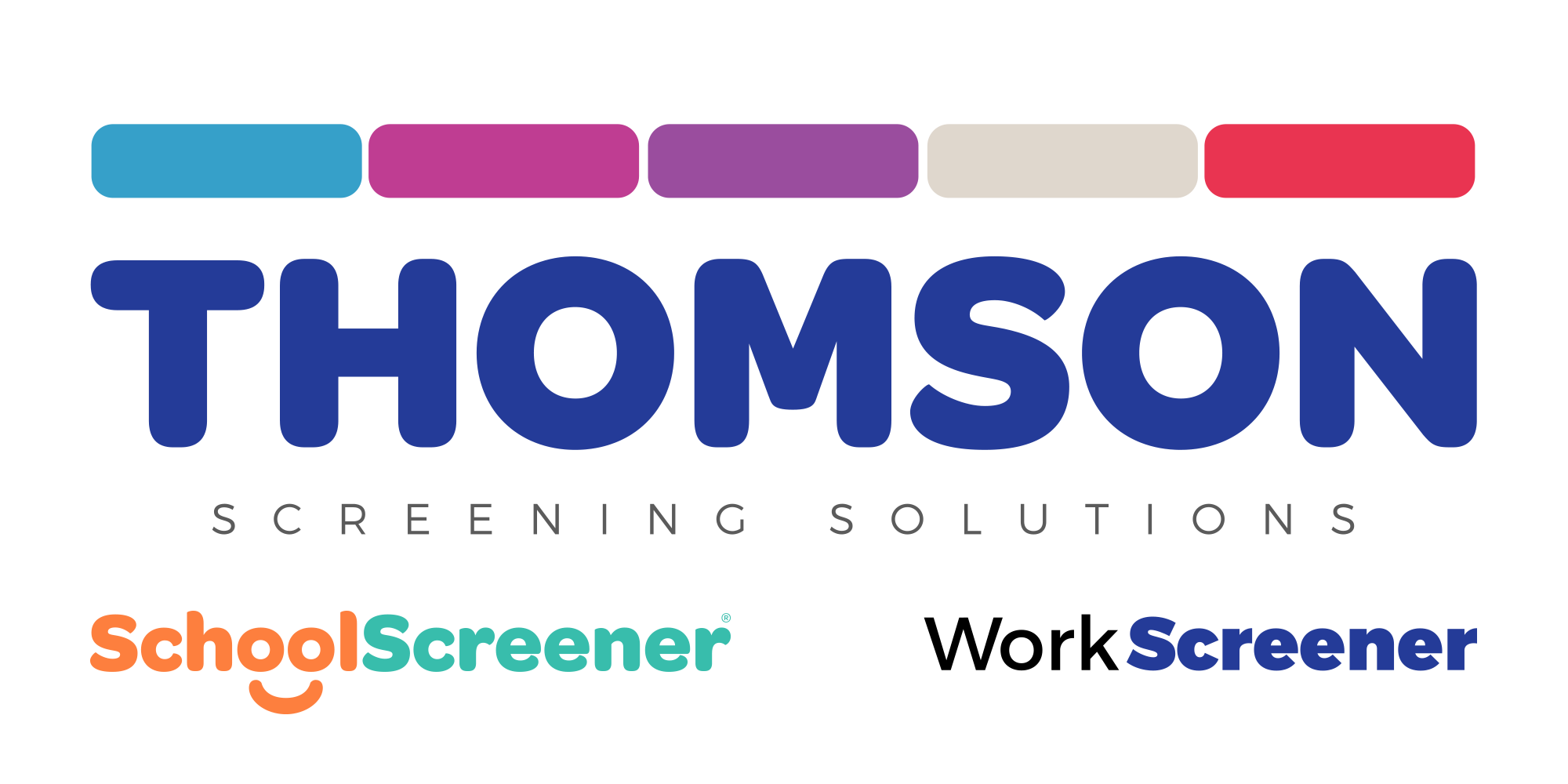
This project has been shortlisted for the DPH Innovation Prize 2019 – Best Data Driven Innovation
Team: Anwar Musah, Georgiana Birjovanu, Adrian Rubio Solis et al. (University College London, CIDESI Mexico, Universidade Federal de Pernambuco)
Outline: Currently, the environmental health agencies in Brazil is in strong need for enhancements for the automatic early warning detection of outbreaks for mosquito-borne diseases such as Zika or Dengue. Right now, environmental health agents are limited in terms of responding rapidly to such outbreaks. This is because they utilise paper-based forms for collecting critical surveillance data on mosquito development in various human dwellings. They do not have the resources, nor the capacity, to convert this huge paper-based storage of data on a timely fashion into a digital format so that it can be harnessed appropriately for the direct decision making to action a rapid public health response. In order to address this problem, we have therefore developed a new and innovative data-driven system for assisting these environmental agencies for the collection of such data, as well as for the identification of human settlements that pose a significant risk of becoming a hotspot for mosquito breeding in Brazil via integration and modelling of heterogeneous real-time space-temporal data streams.
This innovative tool features two components that work in tandem with each other – first being an agent’s app built for the smartphone: an efficient system for the rapid collection of mosquito surveillance data directly from the field; and secondly, a dashboard built for the environmental and public health agencies: an interactive web-GIS based decision support system to aid managers in the automatic allocation of houses to agents for surveying, as well as providing managers with maps and charts for the early warning notification of mosquito hotspots.
The aim for this system is to be implemented in a real-world setting in Brazil through our local partnerships in North Eastern Brazil, where transmission of mosquito-borne diseases are endemic. This novel surveillance system brings together different sources of data ranging from as epidemiological, entomological, household characteristics and spatial information collated seamlessly through the agent’s app into a big database. This rich information, in turn, is the backbone for the big data real-time spatio-temporal models using machine learning, statistical and GIS methodologies the predicting areas at significant risk of increased mosquito population. A prototype of the platform is currently being piloted in Recife and Campina Grande (two North Eastern areas in Brazil which have been hit hard by mosquito-borne viral disease outbreaks such Dengue, Chikungunya and Zika). It has passed the initial phases and received excellent feedback and critical appraisal from agents, managers and stakeholders from the health ministry through a series of focus groups.
While the platform is currently implemented in two cities, its technical capabilities are excellent allowing for scalability for increased coverage for surveillance since the technology behind the stack – backend on the server (i.e. Heroku) and database allows for this service. This system will therefore be able to provide critical support for all agents, stakeholders and managers in resource management for treating human dwellings impacted by mosquitoes across Brazil, Central America and South East Asia where vector-borne diseases are pandemic and rapid predictions of mosquito increase will save tens of thousands of lives.


